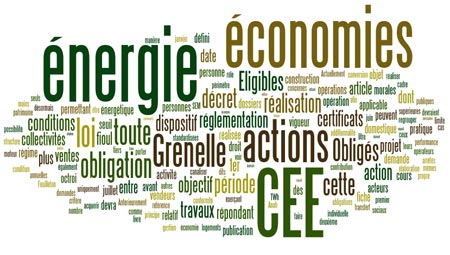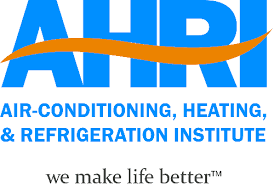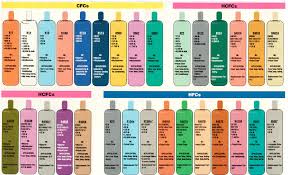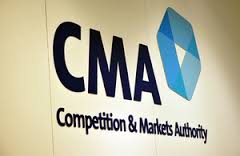Changes in the EU Herald the Beginning of a New Energy Model
In May, 2014, a steering committee was established to prepare the text for energy reforms. These preparatory works allowed, two months later in July 2014, for the Superior Energy Council (SEC) to propose rules on a project of decree and a project of resolution. These rules were related to the ESC (Energy Savings Certificates). Between the work of the steering committee and the propositions delivered by the SEC, there are a few differences.
The SEC validated much of the content prepared by the steering committee but brought some modifications. For example, the initial draft of the rules fixed the threshold of deposit of certificates to 100 GWh; the SEC reduced it to 50 GWh. So, it has insisted on the stricter application of control measures. But, once again, it is the issue of domestic fuel (FOD), which is the real issue.
The French Federation of Fuels, Fuels and Heating did not miss the opportunity to protest against the numerous measures. They estimate that some of the measures can minimise the efforts made by the households in the renewal of their thermal equipment. These measures would – according to the French Federation of Fuels, Fuels and Heating – result in a 50 % decrease of energy seller’s grants.
The long- term goal of the SEC´s proposals is to raise the profile of a new energy model. But at this time, there is a long way to go. This is because the SEC proposals are only an initial step. The project will have then to go to the Council of State. The standardised operations record forms must be reviewed and the Department of Energy will have to express its opinion.
The adoption of the proposals is in the hands of the government as the SEC is an advisory body. Its advice therefore has no binding force and the government is free to conform to it or not.
There is only hope that the SEC´s efforts will find a favourable ear when the time comes with the authorities.















